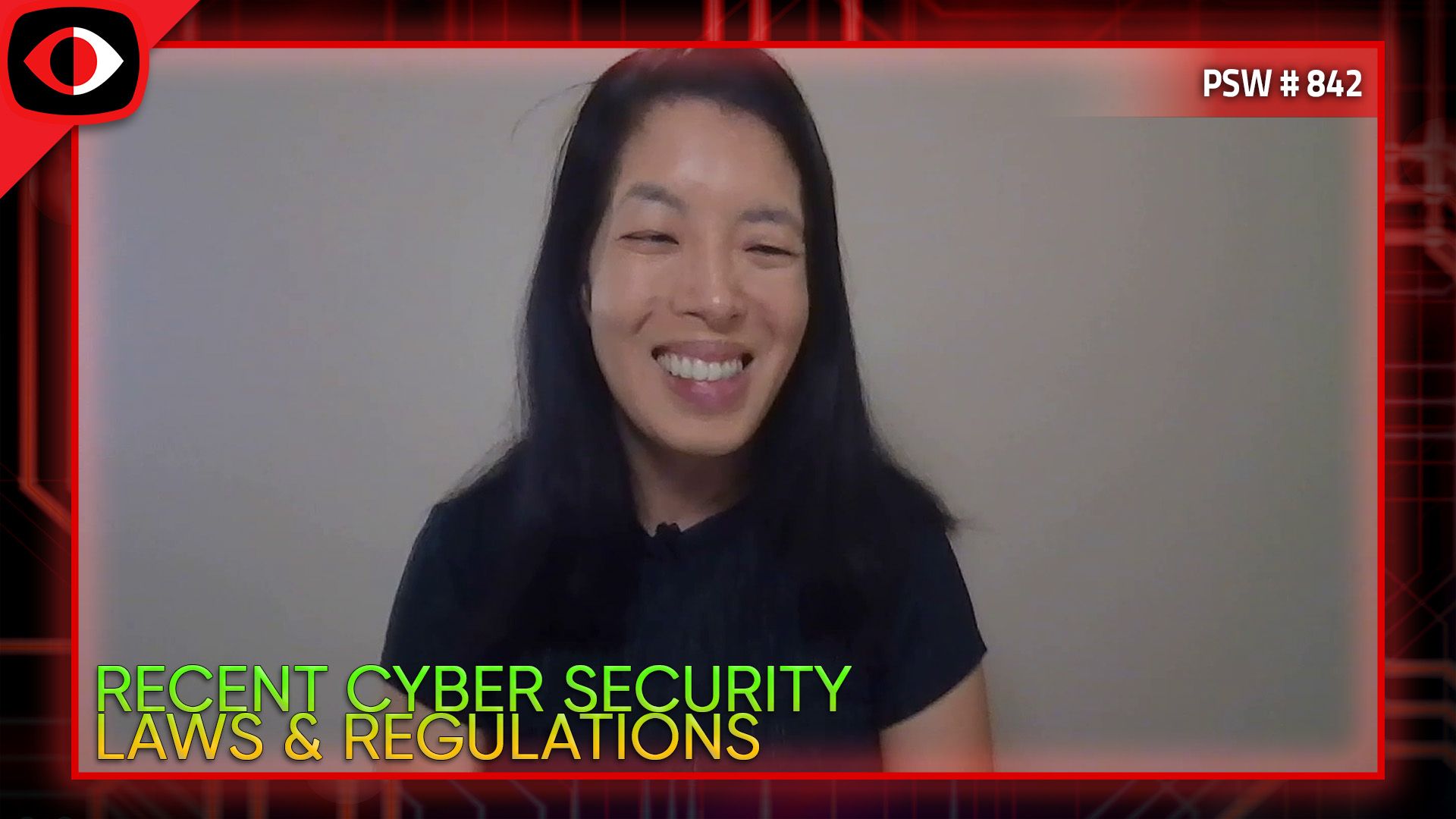Deciphering The National Cyber Workforce and Education Strategy – Dr. José-Marie Griffiths – BSW #315
On July 31st, 2023, the Biden administration released a national strategy addressing cyber workforce shortages, calling long-standing vacancies a national security imperative. The National Cyber Workforce and Education Strategy focuses on four major pillars: equipping every American with cyber skills, transforming cyber education, expanding and enhancing the national cyber workforce and strengthening the federal cyber workforce. The strategy relies heavily on non-governmental and private sector entities to provide funding, internship and apprenticeship programs to increase the number of workers with cybersecurity skills.
One of those entities referenced in the strategy is Dakota State University. Dr. José-Marie Griffiths joins us to discuss education's role in the strategy, but offers other insights, including:
- immigration policies and how it limits the current cyber workforce,
- diversity, equity, and inclusion initiatives and the reduction of women in the cyber workforce, and
- what can the cyber community do to help.
Segment Resources: https://www.dsucyber27.com/ https://dsu.edu/programs/artificial-intelligence-bs.html https://dsu.edu/programs/computer-science-artificial-intelligence.html
Announcements
Security Weekly listeners: Now is your chance to join the infosec community as they come together at InfoSec World 2023, September 23 – 28, 2023 at Disney's Coronado Spring Resort in Lake Buena Vista, FL. Hear keynotes from Scott Shapiro, Founding Director at Yale CyberSecurity Lab’s and Rachel Wilson, Managing Director and Head of Cybersecurity at Morgan Stanley.
As a Security Weekly community member, you’re able to receive 20% off your InfoSec World 2023 tickets using code ISW23-SECWEEK20! Register today: securityweekly.com/infosecworld2023
Guest
Dr. José-Marie Griffiths is president of Dakota State University in Madison, South Dakota. President Griffiths has spent her career in research, teaching, public service, corporate leadership, economic development, and higher education administration. She has served in presidential appointments to the National Science Board, the U.S. President’s Information Technology Advisory Committee, and the U.S. National Commission on Libraries and Information Science. She has recently been appointed a member of the National Security Commission on Artificial Intelligence, part of the John S. McCain National Defense Authorization Act for 2019 and is chairman of the Workforce Subcommittee for the commission. She has led projects for over 28 U.S. federal agencies such as the National Science Foundation, NASA, the Department of Energy, and various intelligence and military agencies, over 20 major corporations such as AT&T Bell Laboratories and IBM, in over 35 countries, and worked with seven major international organizations, including NATO and the United Nations. She has received over 20 significant awards in science, technology, teaching and the advancement of women in these fields.







